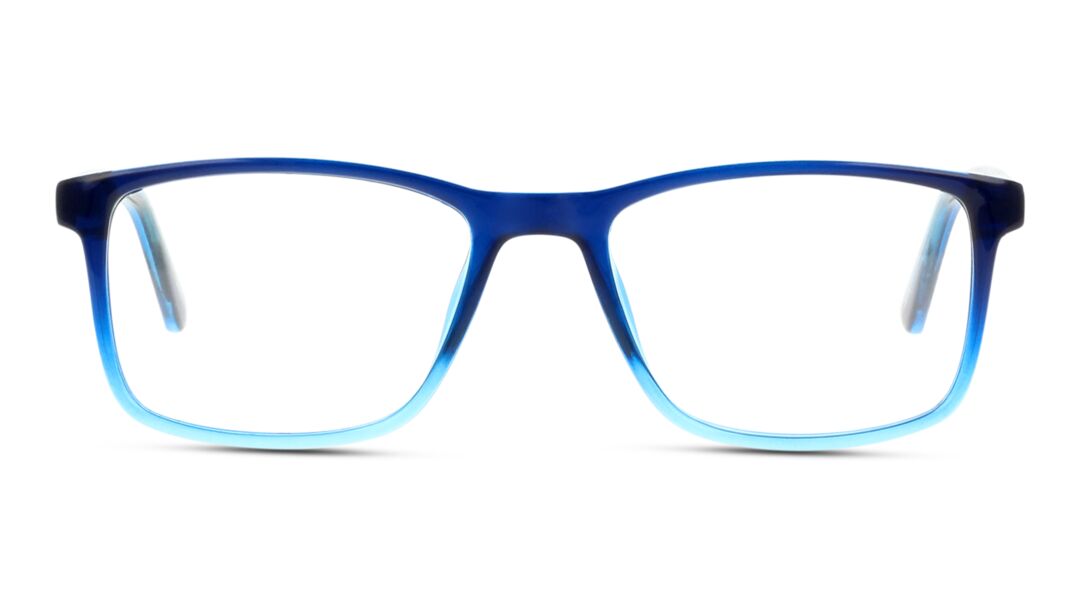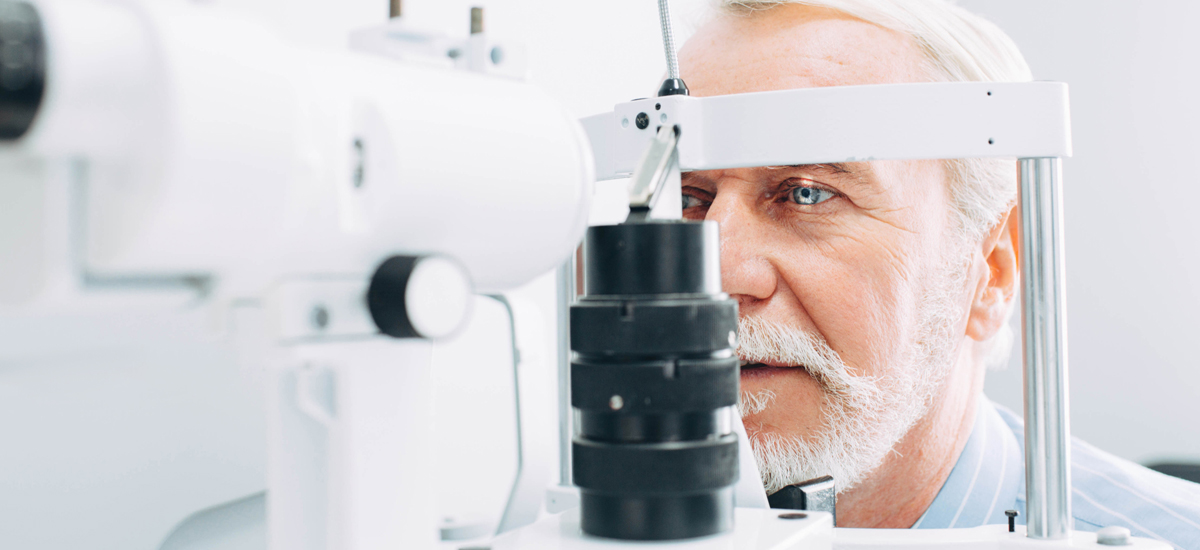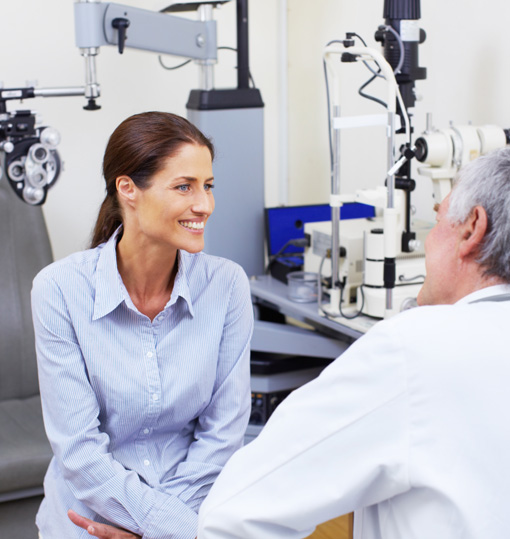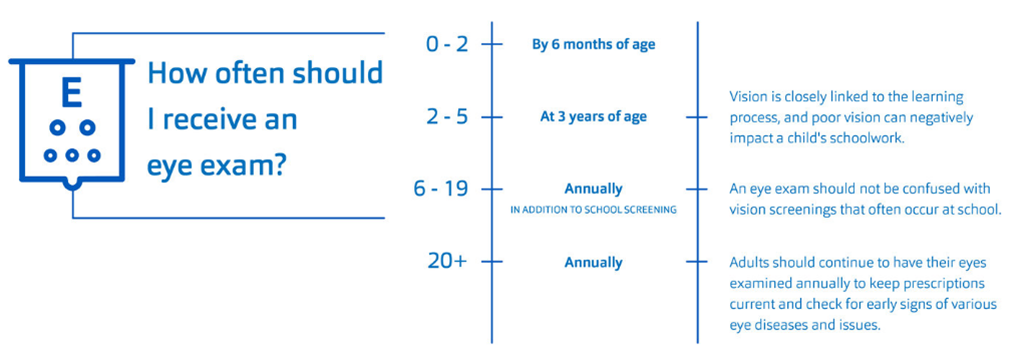Our eyesight evolves throughout our lives, and children’s eyes are only beginning to develop, which is why regular exam of your eyes is important. Checking on the eyes every year allows the optometrist to identify and diagnose any vision or eye health issues that may develop. And it gives them a baseline for how much these issues have changed over a given period.
Computer usage is also at an all-time high for people of all ages, impacting overall eye health. By spending too much time on screens, you can develop symptoms such as digital eye strain. Instead of coping with these symptoms on your own and having them affect your daily life, a timely visit to an Eye Doctor can help you prevent eye health issues.
By having a regular comprehensive eye exam, you can stay on top of any issues with your eyesight, update your prescriptions, and treat any early signs of impaired vision. Trust that when you take the time to check your eyes, a healthy vision is right around the corner.
Did you know?
- Over 150 million Americans require prescription glasses or contacts due to a refractive error. (Source)
- 50 percent of adults living in the U.S. develop cataracts by age 75. (Source)
- 1 in 4 children with a refractive error does not have the right corrective eyewear. (Source)
 |
What should you expect at a child’s eye exam?
In addition to offering comprehensive eye care for adults, we offer children’s eye exams. This is because regular vision exams are just as vital to your child’s development and overall health as annual physicals.
|











